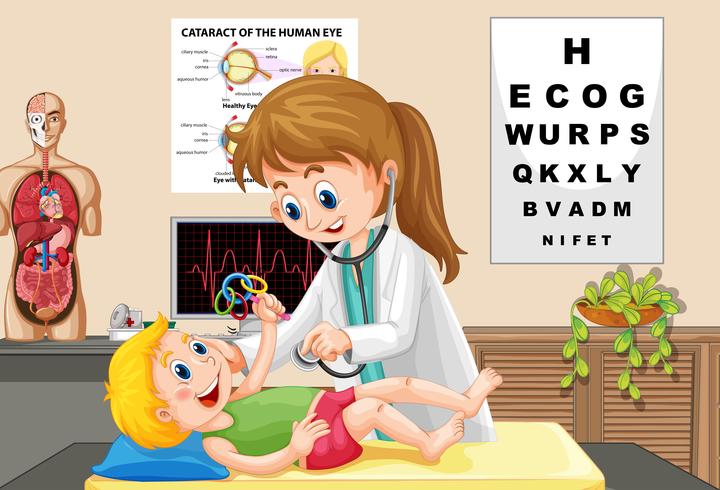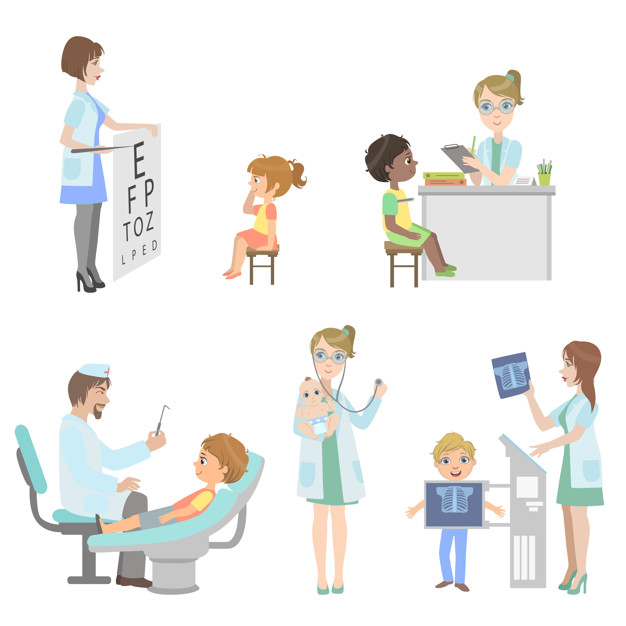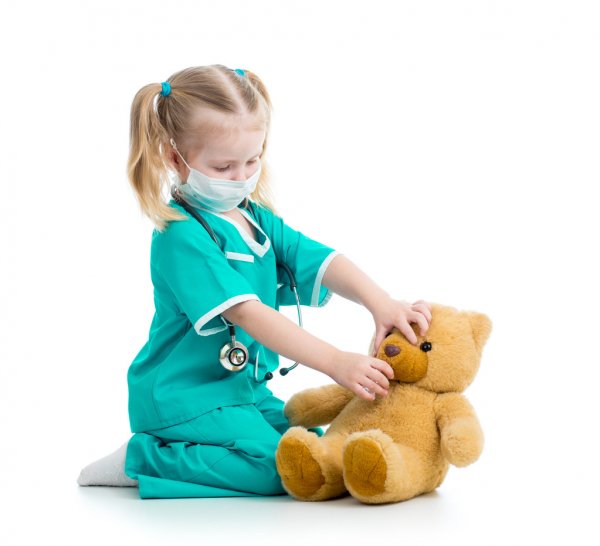Follow-up for High risk babies
The advances in the newborn care in the last decade has lead to survival of many babies who couldn’t be saved previously. These improvements have been most dramatic in infants born ELBW (<1 Kg birth weight) and at extremes of viability (22-25 weeks). But this has lead to newer problems for parents who may have their babies with delay in development and some going in for disabilities. Not all develop into disabilities like cerebral palsy; some may develop hyperactivity while others may have neuro-sensory impairment (blindness and deafness), cognitive, learning disabilities and behavioral problems. These at risk children should be identified early and their parents should have a followup care plan well in advance before any delay sets in. The objective is to identify early deviation of growth, development or behavior from normal and provide support and interventions as indicated. The neonate “at-risk” of neurodevelopmental disability must be identified before discharge from birth admission.

Who does it?
Assessments at various points are done by a team of Neonatologist/Pediatrician, developmental pediatrician, ophthalmologist, ENT specialist, audiologist, physiotherapist / occupational therapist, pediatric neurologist, clinical psychologist, orthopedician etc as needed.
Who needs follow up ?
The following are High Risk babies who require a developmental followup
- Babies with <155gm weight at birth or those <33 weeks at delivery
- Mechanical ventilation for more than 24 hours
- Did not cry at birth or poor Apgar score(<3 at 5 minutes)/ brain damage due to low blood circulation or Oxygen levels(HIE)
- Major morbidities such as chronic lung disease, bleeding inside brain(intraventricular hemorrhage), and cystic or liquefaction of some brain matter (periventricular leukomalacia)
- Persistent prolonged low glucose or calcium levels
- Seizures
- Sepsis (Infections) or meningitis
- Shock requiring medicines for maintaining heart beat or BP
- Infants born to HIV-positive mothers
- Twin delivery & twin to twin transfusion
- Neonatal bilirubin encephalopathy due to high jaundice at newborn period
- Major malformations
- Inborn errors of metabolism / other genetic disorders
- Abnormal neurological examination at discharge
- Surgeries in the newborn period
What is done in follow up?
Medical examination Growth and Nutrition
Physical examination, nutrition and growth, Immunization, unresolved medical issues, laboratory tests (Hemoglobin, Calcium, Phosphate, Alkaline phosphate).
Neurobehavioral and Neurological examination
This is done to assess the neurological status of your child in a clinical way. In case of any suspicion the pediatrician may ask you to get various tests like scans or eye/ear / EEG testing done.

Eye evaluation
Retinopathy of prematurity (ROP) assessment: your child should have already done a ROP assessment ,especially if its preterm and required oxygen support in the hospital stay itself. If not your child requires a ROP screening The check-up for retinopathy of prematurity starts in the NICU and continues till 44 weeks postconceptional age or till the retinal vessels have matured. Squint and refraction assessment By 9-12 months age, irrespective of ROP.
Hearing evaluation
High risk infants have higher incidence of moderate to profound hearing loss. Brainstem auditory evoked responses (BAER/BERA) should be performed between 40 weeks and 3 months postnatal age. A screening BERA is usually done initially. If this is abnormal, a diagnostic BERA should be done within 2 weeks of the initial test. Infants with unilateral abnormal results should have follow-up testing within three months.
Neuroimaging – USG/CT/MRI
All preterm babies born before 32 weeks and < 1500 grams birth weight must undergo screening neurosonograms at 1-2 weeks and 36 – 40 weeks corrected age Ultrasounds may be performed more often if the preterm baby has a catastrophic event like seizure, frequent apnea / IVH. Babies with increase in size of ventricles and cystic PVL have a very high incidence of cerebral palsy as compared to those with a normal neurosonogram.

Development assessment
Each baby follows his or her own schedule of development (acquiring skills) within fairly broad limits of age. Deviations from normal identify an at-risk group of babies/ children who may require further evaluation and intervention. Developmental tests must be performed in conjunction with medical examination to identify the cause of deviation and plan the interventions. This is usually done by a developmental Pediatrician.
Other investigations like metabolic screening, thyroid screening and other assessments may be ordered by your developmental pediatrician.
Remember
Proper planned follow up care is needed for your child with a developmental pediatrician if your baby was at high risk during newborn period. If identified early by early stimulation and early interventions your child may not go through the delay in developmental milestones or may not sometimes need a long term rehabilitation.





0 Comments